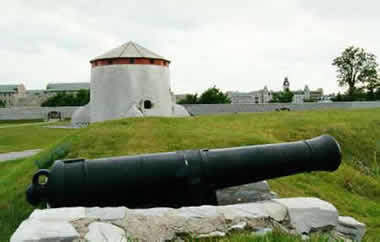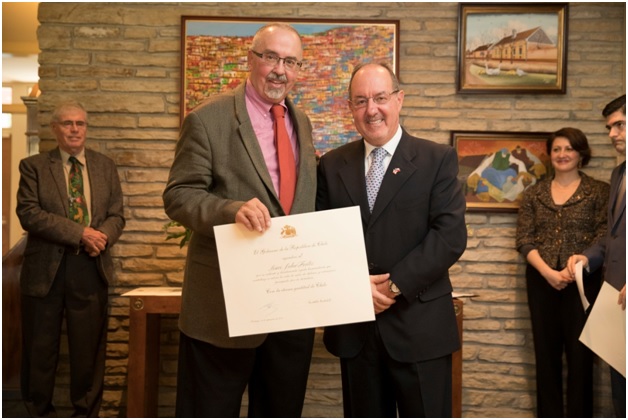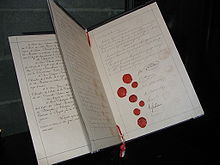Call for Papers:
History of Peacekeeping: New perspectives
L’histoire du maintien de la paix: Nouvelles perspectives
Royal Military College of Canada in Kingston, Ontario
November 3rd and 4th 2017
NEW DEADLINE FOR SUBMISSION
The organizing Committee for the conference is currently looking to fill a particular subject area – The role of NGOs in peacekeeping and peace support operations. If any one is interested we encourage submissions on this subject in particular from any perspective (historical, political science, sociological, psychological). The new deadline for submission is December 15, 2016.





